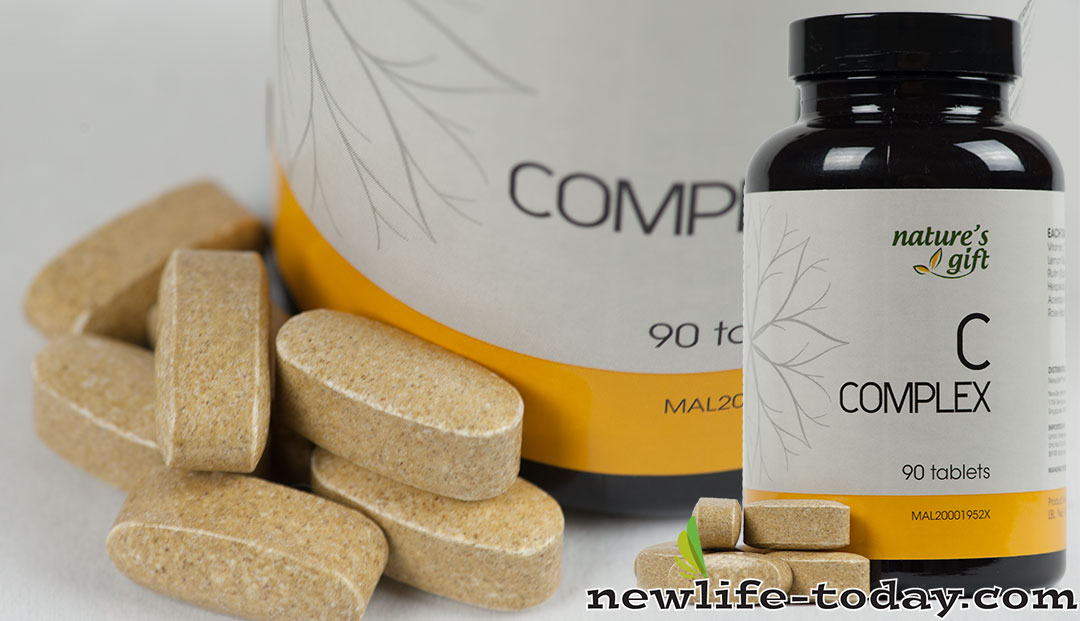
Stress is Simply a Reaction
Stress is simply a reaction to a stimulus that disturbs our physical or mental equilibrium. Under stress, our body triggers the ‘fight-or-flight’ response, causing hormones such as adrenaline and cortisol to surge through the body.
Everyone feels stressed from time to time. Major life changes, financial difficulties, making an important business presentation, organising an event, going for a job interview, etc. can be sources of stress. Worrying excessively about something that may or may not happen, having unrealistic or irrational expectations, and pessimistic thoughts about life can also cause stress and anxiety.
Not all stress is bad. Stress within our comfort zone can help us stay focused, keep us active and alert. But when stress becomes overwhelming, it can shut down our ability to think, feel and act rationally as well as impair our body’s self-repair ability. Long-term, chronic stress can have detrimental effects on both physical and mental health. It can raise blood pressure, suppress the immune system, increase the risk of stroke and heart attack, and speed up the aging process. It can leave us vulnerable to a host of mental and emotional problems. It can also affect our productivity, our relationships, and our quality of life.
You can protect yourself by taking steps to reduce the harmful effects of overloaded stress:
Exercise has been confirmed to have a valuable impact on an individual’s psychological and physical state. For many individuals, exercise is an extremely effective tension-releaser.
Time – set aside some time each day just to be on your own, to relax, or pursue your own interests.
Nutrition – Have a healthy and well-balanced diet plan. Eat lots of fruit and vegetables.
Supplementation
B vitamins are important for optimal mental wellness and stress management. Water-soluble B vitamins need to be replenished daily. Taking a B Complex, which contains most of the significant B vitamins, may be one of the most effective alternatives to help your body manage stress. An excellent B-Complex can help digestive metabolic processes, which may be affected negatively by stress as it slows digestion.
Niacin, also called vitamin B3, is required for DNA repair work as well as energy metabolism within the body. A solid property of niacin is its ability to relax muscle tissue composing arteries, thus increasing their size. This process, called vasodilation, brings about increased blood flow and reduced blood pressure. Niacin is an antidote to adrenaline, which is frequently over-produced for people experiencing stress and anxiety. It is claimed by some that niacin reduces stress, anxiety and also depression while promoting peace and also better rest.


